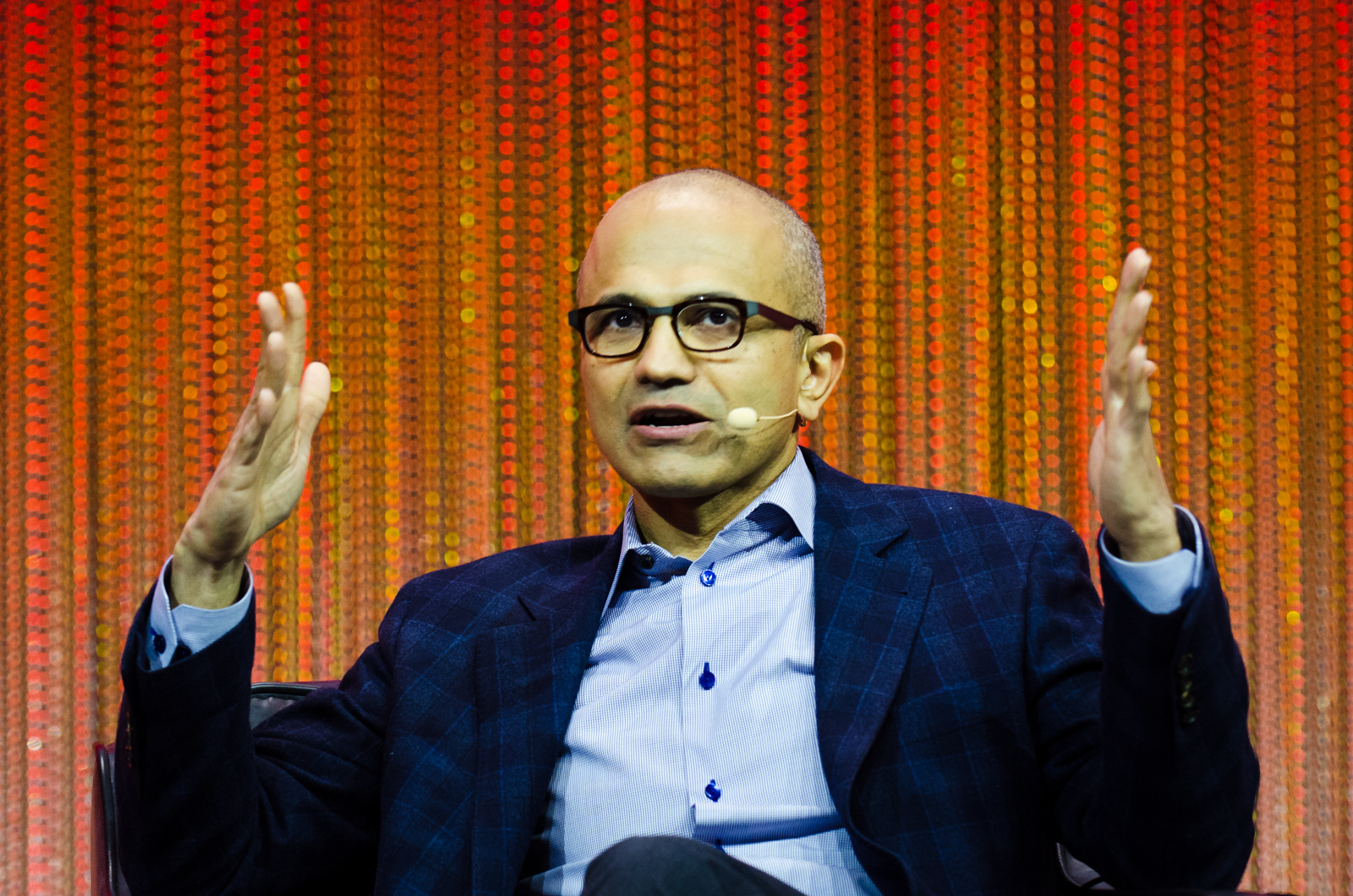Steve Ballmer recently stepped down as Microsoft CEO. His replacement, Satya Nadella, finds himself leading a company that has a number of serious issues that must be addressed in order to ensure Microsoft’s long-term survival and prosperity. Satya will be responsible for preserving and growing Microsoft’s core enterprise business. Large companies, purchasing thousands or tens of thousands of Windows licenses at a time, are the bread and butter at Microsoft.
Unfortunately, many of these customers are unhappy with the release of Windows 8. Mending and improving the company’s relationship with its enterprise customers will be one of Nadella’s foremost priorities.
Secondary priorities for the new CEO will include bolstering Microsoft’s cloud-based services, growing their smartphone market share, and attempting to build momentum and a market for the floundering “Surface” product line. With so much at stake for Microsoft, it is worth looking into Nadella’s experience, and why he was chosen to lead one of the most powerful and influential corporations in the world.
Who is Satya Nadella?
Satya Nadella is an Indian-born immigrant to the United States. In addition to an MBA from the University of Chicago and an MS in Computer Science from the University of Wisconsin-Milwaukee, Nadella had several years of experience working for Sun Microsystems before moving to Microsoft in 1992. In 2011, Nadella took over Microsoft’s then-fledgling Cloud Services division, which he managed to grow from $16.6 billion in revenue in 2011 to just over $20 billion in revenue in 2013.
After several months of searching for a CEO to replace Ballmer, Satya Nadella’s name quickly made it to the top of the list and stayed there. Industry technology entrepreneur said, “Satya Nadella is a logical choice and a smart move for Microsoft. His decades of experience with the company alongside his specialization in the increasingly important Cloud Services market make him the perfect man for the job.”
It seems as though many others in the industry agree with Industry Expert, as the general consensus is that Nadella has the ability to protect and enhance Microsoft’s core business while helping the company grow into sectors it has had trouble breaking into thus far.
What type of impact will Satya Nadella have on the technology industry?
While it is still far too early to know for sure, there is no shortage of predictions on the impact Nadella will have on Microsoft and the technology industry at large.
One projection that virtually everyone agrees on is that Nadella will spearhead a massive expansion in Microsoft’s Cloud Service offerings. Early on, this expansion will likely be targeted at enterprise customers.
In addition to the vast revenue potential these enterprise customers could mean to Microsoft, there is an even more pressing need to make up for the disastrous rollout of Windows 8. Office 365, one of Microsoft’s core cloud services (largely developed on Nadella’s watch) is proving to be a popular platform, and likely will be expanded in the coming quarters.
The other commonly agreed upon projection is that Nadella will lead the charge in Microsoft shifting away from being a software company and towards a focus on devices and services. Much of this speculation is based on an interview Nadella gave last December, before he officially became the CEO. Now that Nadella has officially become the CEO, it appears fairly likely that he will in fact move the company in this direction. This shift in company focus, if done correctly, could do a great deal to improve Microsoft’s overall standing in the market.
However, the decision is not without risks. If Microsoft shifts their focus to devices and services at the cost of their core Windows operating system and immensely popular Office productivity suite, they risk further alienating their core enterprise business. Nadella will have to be incredibly careful to manage companywide efforts in a way that grows the company while protecting their legacy customers.
Although this is undoubtedly going to be a daunting task, Nadella is probably reassured by the fact that Bill Gates himself has committed to take a more active role in the company, and will commit about one-third of his time to Microsoft-related activities.
Featured images:
License: Image author owned
About Author: Amy Taylor is a technology and business writer. Amy began her career as a small business owner in Phoenix, Arizona. She has taken that knowledge and experience and brought that to her unique writing capabilities. She really enjoys new business related issues that are tied directly to technology.
